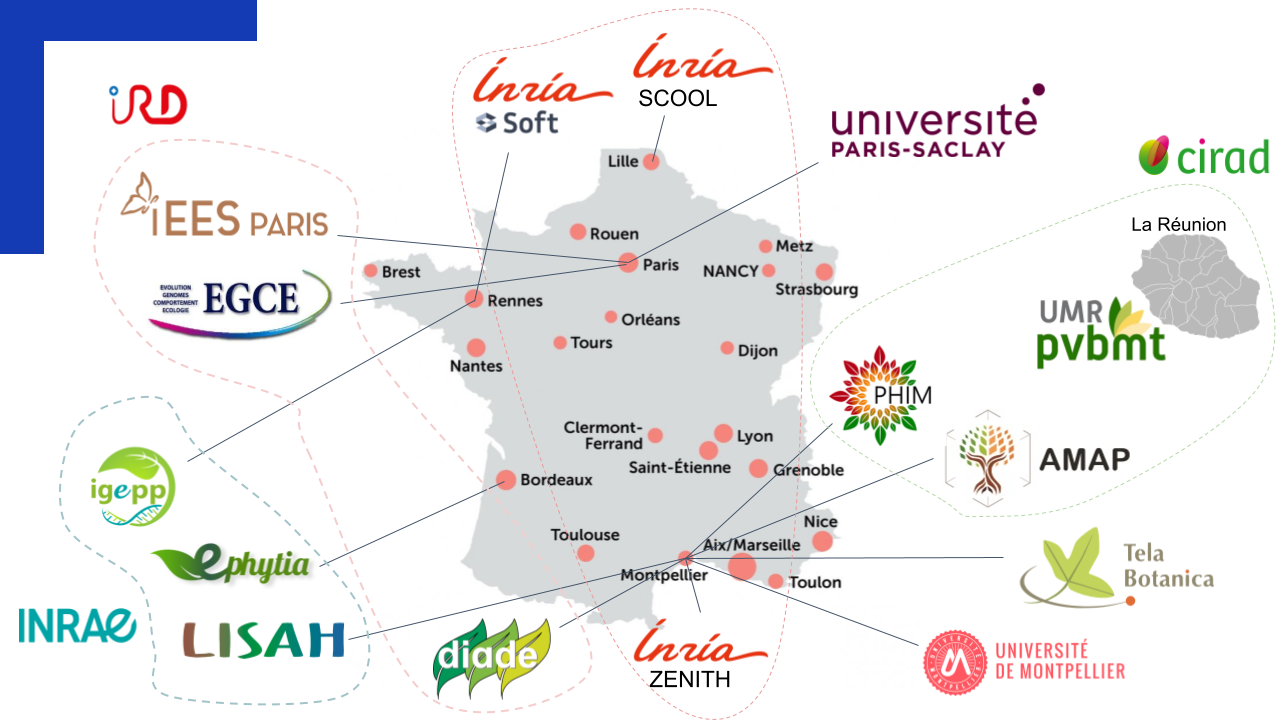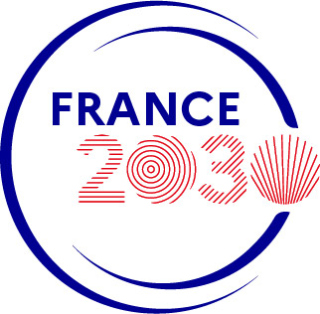
Agroecology necessarily involves crop diversification, but also early detection of diseases, deficiencies and stresses (water, etc.) as well as better management of biodiversity. The main obstacle is that this paradigm shift in agricultural practices requires expert skills in botany, plant pathology and ecology that are not generally available to field workers. Digital technologies and AI in particular can play a crucial role in removing this barrier to access to knowledge.

The success of the Pl@ntNet platform, which will be at the heart of this project, is a notable example. Until 10 years ago, the identification of plant species was reserved to a very limited population of professional botanists or self-taught amateurs with a lot of practice. With a tool such as the mobile application Pl@ntNet, it is now possible for anyone to identify tens of thousands of species by photographing them with a simple smartphone. Far from excluding the most seasoned botanists, Pl@ntNet is in essence a collaborative platform that allows them to multiply their expertise by sharing it in the form of training data for artificial intelligence (AI) algorithms and exchanges with novice users.
The aim of this project will be to design, test and develop new services for agroecology within the Pl@ntNet platform. This will include: detection and recognition of plant diseases; identification of sub-specific levels; estimation of severity of symptoms, deficiencies, decline stages and water stress; characterization of species associations from multi-specimen images; and improvement of species knowledge.

To achieve these objectives, the project consists of a set of tasks balanced between (i) research in AI and plant sciences, (ii) agile development of new components within the platform and (iii), organization of participatory science programs and animation of the Pl@ntNet user community. These tasks will be carried out by a consortium of 10 partners including research organizations (Inria, CIRAD, INRAE, IRD), universities (University of Montpellier, University of Paris-Saclay), civil society actors (TelaBotanica) and international partners (Swinbrun university of technology, JRC Ispra in Italy).

This project is financially supported by the French National Research Agency within the framework of the PEPR “Agro-ecology and digital”.


